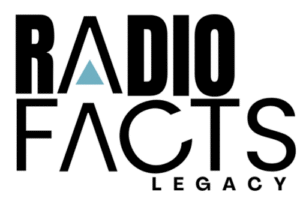Residents living in six U.S. cities are for the most part dissatisfied with local radio, a new report from the Rochester Institute of Technology says.According to the study, radio listeners in the Dallas-Fort Worth market, as well as five other markets in New York state indicated through survey answers that four out of every 10 listeners in these markets rate the effectiveness of local radio as providing them with “very little “satisfaction or “zero satisfaction “in terms of local programming.”The banking and financial sectors aren’t the only areas in American society witnessing adverse effects from more than two decades of deregulation, “said Michael Saffran, an adjunct professor in communication from the Rochester Institute of Technology. “As the nation grapples with the mortgage crisis, U.S. citizens also face a growing Ëœmedia crisis’ wrought by excessive ownership deregulation and consolidation.”The report suggests that broadcasters today are not meeting their duty of serving the public interest while on the airwaves.Radio segments also are faring worse when it comes to capturing the youth market, according to Saffran’s study. The report points out that iPods and compact-disk sales have cut into radio’s appeal.But, in addition to new technology, more than three-quarters of respondents said they find “very little “or zero music from local based artists and band s on the airwaves.Radio did better in the survey in terms of the stations’ visibility in the communities they serve with talent often visiting local events, the report says. However, Saffran said this is a small initiative that does little to fulfill the broadcaster’s need to be a steward of the community.The other cities surveyed were Binghamton, Buffalo, Ithaca, Middlesex-Somerset-Union and Rochester, all in New York state.Study: D-FW residents dissatisfied with radio – Dallas Business Journal:.


